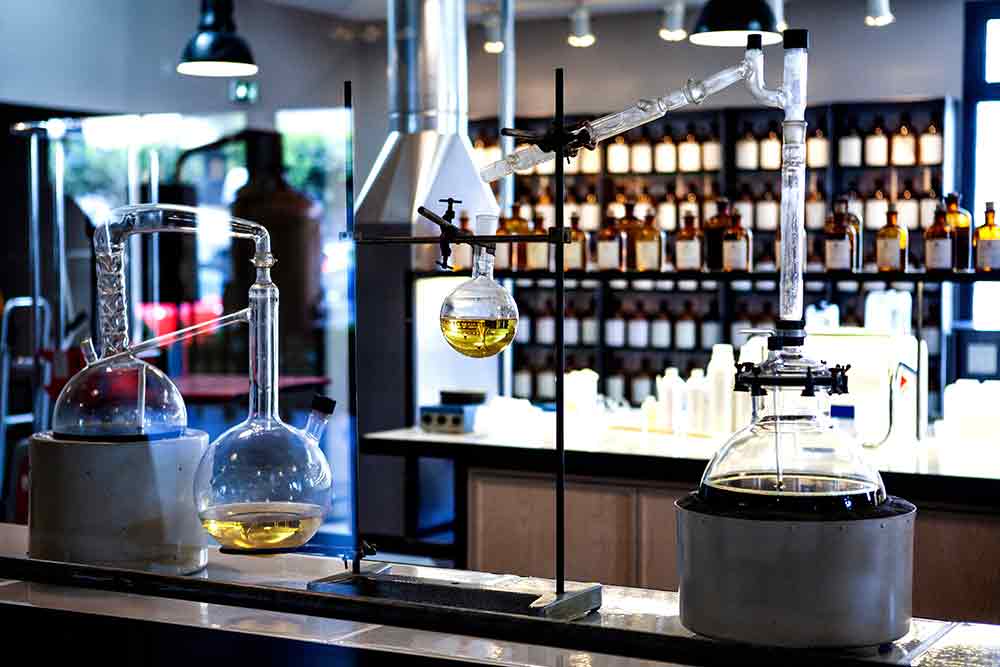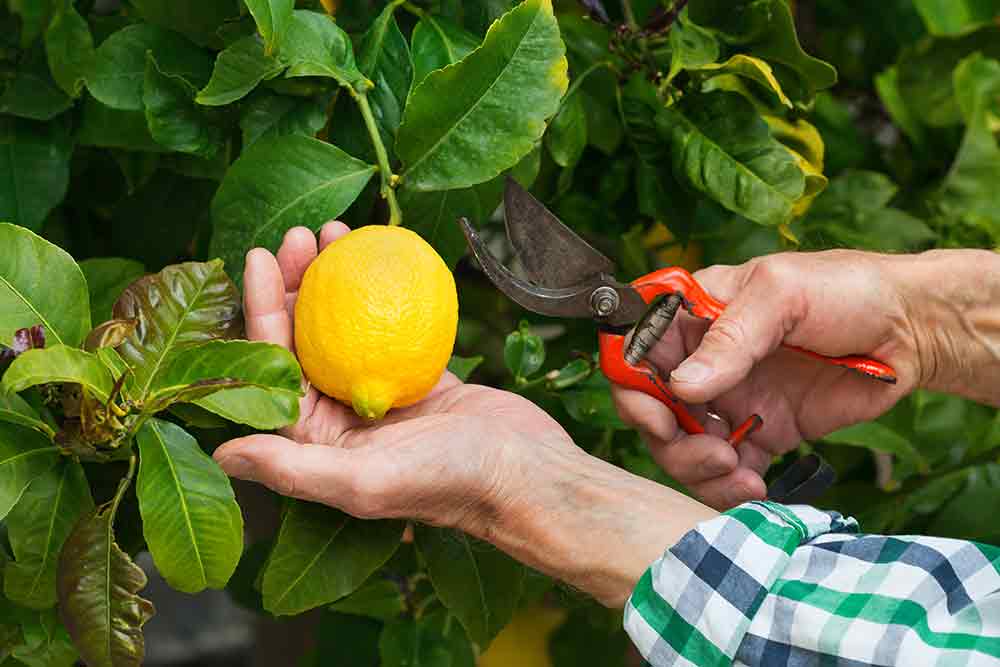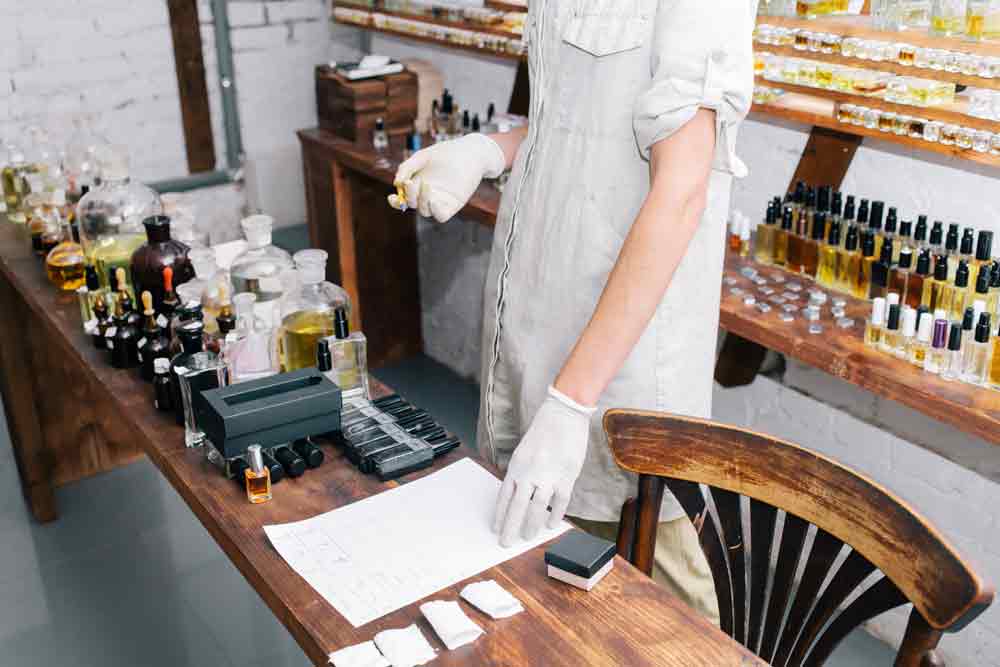The perennial choice “natural vs. synthetic” is among the most debated topics in niche perfumery. “Which are better: natural or molecular fragrances?“. In my life, I have been asked this question many times.
LET’S TALK
NATURAL FRAGRANCES VS MOLECULAR ONES, WHICH ARE BETTER?
The natural psychological instinct of people is the tendency to spontaneously prefer the natural counterpart in most cases: “what else can be better than a good natural perfume?“.
Unlike what can certainly hold true for food, the truth is there is no difference between natural and synthetic notes in terms of quality in artistic perfumery. There is no better or worse option, simply because both “contestants” play different and mostly complementary roles in the delicate balance of a good perfume.
DIFFERENCES BETWEEN NATURAL NOTES AND SYNTHETIC NOTES
To fully understand the “whys” behind this answer, firstly, it is important to know all the differences between natural and synthetic notes. We need therefore deepen this topic, starting from the very nature of the notes we are talking about.
Notes of natural fragrances
According to their definition, the natural notes in perfumes are odorous substances extracted from nature. This is valid for trees, leaves, flowers and, until some years ago, even for animals.
Among the most common natural olfactive families, we can mention, for example, floral, woody or citrus families. It goes without saying, these are unique olfactive themes that stand out thanks to the priceless veracity of their colors.

A perfume with a substantial percentage of high quality natural notes conveys its genuine aroma. Strong, intense and at the same time fresh and graceful, rich in nuances and facets that alternate among each other throughout the day, giving space one another. Compared to the world of molecular essences, it is something unique that the natural cannot do without when it creates a stable, harmonious and long lasting balance.
Synthetic notes of molecular perfumes
Unlike what is extracted in nature, the molecules of synthetic perfumes are designed in a laboratory. They are created in safe environments and tested over and over again by internationally recognized supervisory authorities.
There are different types of synthetic notes. The fixative type is the best known and makes notes stay on the skin for a very long time. Other types have the ability to soften the intensity of a very strong raw material, whereas the others are able to bind notes with different facets. In simple terms, what makes molecular notes unique is their ability to blend with their natural counterparts by enhancing their body, persistence and personality.

Once appeared during the early 1900’s synthetic notes have let us reproduce smells of nature that could not be extracted in a natural way and therefore could not be used by perfumers. Think of the smell of the sea or imagine a variety of juicy fruit notes, for example, peach, cucumber, mango, or floral notes such as gardenia. All these notes are not extracted from nature, however they exist only thanks to the invention of molecules.
In addition, synthetic notes have allowed the Master Perfumers to explore innovative olfactory panoramas, thanks to the creation of totally new and malleable aromas that correspond to the taste and the creativity of the artist. Just to understand the difference, it is enough to remember that before the twentieth century, a perfumer was limited to only less than one hundred natural essences, all extracted from nature, whereas now we have reached thousands of aromatic notes with the appearance of molecular notes.
Matter of balance
Personally, I do not believe that the two worlds should be opposed, because the perfume masterpieces are created out of their blend, their fusion and their balance. Just imagine Chanel n°5, for example, would have never existed without synthetic aldehydic notes.
As a result rather than talking about “natural” perfumery, I prefer to speak about “artisan” perfumery. It is a space where the artisan perfumer carefully chooses the best of nature and chemistry, and skillfully blends them in order to create masterpieces of outstanding quality.
Jean Claude Ellena, one of the most distinguished Master Perfumers of our times, has made his signature perfumes out of molecular notes and has always asserted that they have been fundamental in his work. In one of his books on perfumery “The Diary of a Nose: A Year in the Life of a Parfumeur“, Jean-Claude Ellena emphasizes the great role of synthetic molecules in modern perfumery, stating: “Chemistry has led to a very interesting tendency in the world of perfumes. It has allowed perfumes to be considered an art“.
Ellena therefore states that synthetic notes complete the natural ones by creating a true and authentic alchemy. This, of course, applies not only to Ellena, but to all artisan perfumers. The balance between natural and molecular notes is often the opportunity to create abstract fragrances.

How about an example?
If I wanted to render the blend between the natural and the synthetic even more perceptible, I would make a perfect example of the Oud, a note widely used in contemporary fragrances. Until recently, the natural note had a low price because the essence itself was considered “too different”, out of fashion, excessively strong, almost “violent”.
At a certain point, Montale decided to give it a try, however, the price of Oud skyrocketed, and, consequently, the sudden high demand hindered its procurement. Therefore, some perfumers started experimenting with the synthetic Oud, a phenomenon that has resulted today, among many others, in a well-known Oudh Synth 10760 Firmenich.
NATURAL NOTES AND SYNTHETIC NOTES: PREJUDICES, MYTHS AND ETHICS
If at the beginning I wrote about the tendency of people to prefer natural notes, a number of prejudices or myths must be debunked.
“If it is not natural, it is bad for you”
Given that in the modern artistic perfumery, natural and synthetic notes have been working in symbiosis for years most of the times without anyone even noticing, I believe it is worth clarifying once again that synthetic notes are by no means harmful or dangerous for our skin. Despite what some people continue to think, in fact, the standards on molecular cosmetics are so stringent that, in some cases, they are even safer compared to the natural ones.
“They are cheap, so they are not good”
Another misconception about molecular fragrances is related to the cost of synthetic notes. Following its theory, the cost of synthetic notes is supposed to be much lower than the one of naturally extracted raw materials.
Also in this case, despite what one might think, the synthetic molecules often have very high costs, arising mainly from the substantial expenses for scientific research that goes on for years, up to the testing and rigorous compulsory certification that must be obtained for their further use.
“There is natural and natural”
Speaking of costs of natural and synthetic notes, even for those who select natural raw materials, there is natural and natural.
For every fragrance note, it is important to know where it comes from and how to extract it. There are areas in the world that, for geographical and climatic reasons, are able to affect the yield of the product. This is so true for niche perfumes, just like for grapes and wine, the origins of raw materials influence the properties of these substances and their quality.

There is a reason why the best Lemon is located in Italy and not in any other part of the world. Just like there is a reason, why today the best Patchouli is the Indonesian Brut and the best Vetiver is grown in the island of Java. In France, as well as in other countries, natural notes are extracted at times from intensive cultivation, and that is why they have less intense smell and, consequently, less value.
Natural notes, also widely used in herbalist shops or retail stores, can therefore have a “pedigree” which is little blazoned and cost less. Metaphorically speaking, it is like when we buy a pure cashmere pullover in a specialized boutique and one with a small percent of cashmere at the market.
People say: “the good cook is the one who does his shopping well and knows how to choose the ingredients to work with“. So, perfumers, like great chefs, have a delicate task to search for the best raw materials and blend them.

The ethical issue
Last but not least, let’s remember the ethical issue linked to the growing demand for the use of molecular notes. Ecology, eco-sustainability, respect for the environment are complex arguments and I will not deepen the question of sustainability of the perfume industry. However, the comparison between the notes we find in nature and those that are synthesised in laboratories has also something to do with it.
Many natural notes have been banned over the years because they were extracted from animals. One of them, for instance, is a Grey Amber obtained from the secretion of a Sperm Whale. Another example is a Musk from the secretion of a Himalayan musk deer. For some time, this fragrance note has been successfully replicated thanks to a synthetic molecule Musk Ketone.

Eco-sustainability and respect of some natural ecosystems for the retrieval of natural notes also place us before an ethical choice. Hence, there is the need to find an alternative for the synthesis that would reproduce the smells that are no longer extracted from nature.
IS IT STILL A CONFLICT?
The world of fragrances has always been evolving. While at the beginning of the history of perfume there were used only essential oils extracted from woods, flowers or plants, today it is impossible to speak only about natural elements and molecular notes must be no longer defamed.
Selection of natural and synthetic notes is a part of a creative process. It tends to emphasize the elements that a perfumer chooses in order to craft own fragrances. Perfumery evolves in a hybrid universe, a space where nature and science design pure emotions that we define fragrances. Every element must ensure the perfect balance among the parts and create emotions that make us choose one fragrance over another.
Do you agree? Let me know what you think by commenting on the post.

